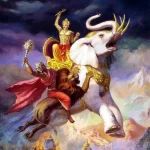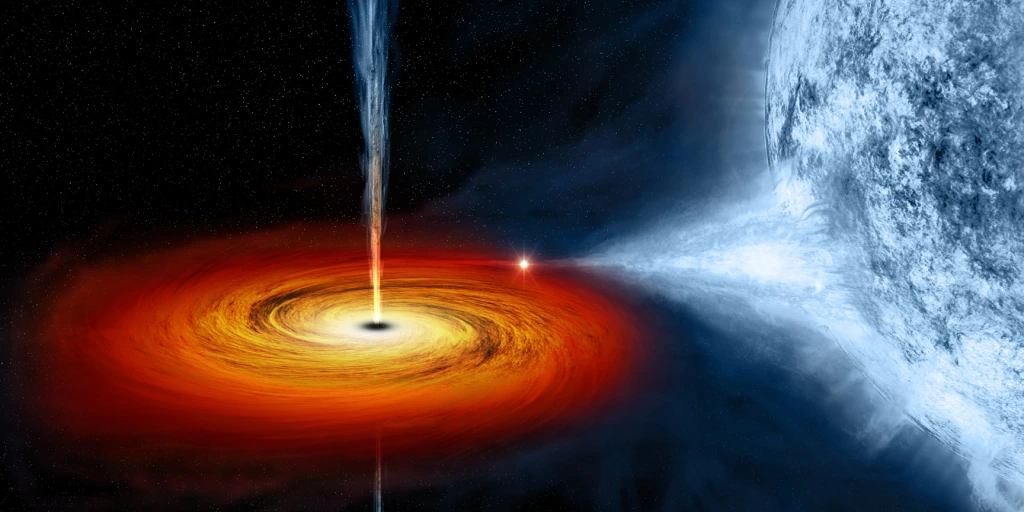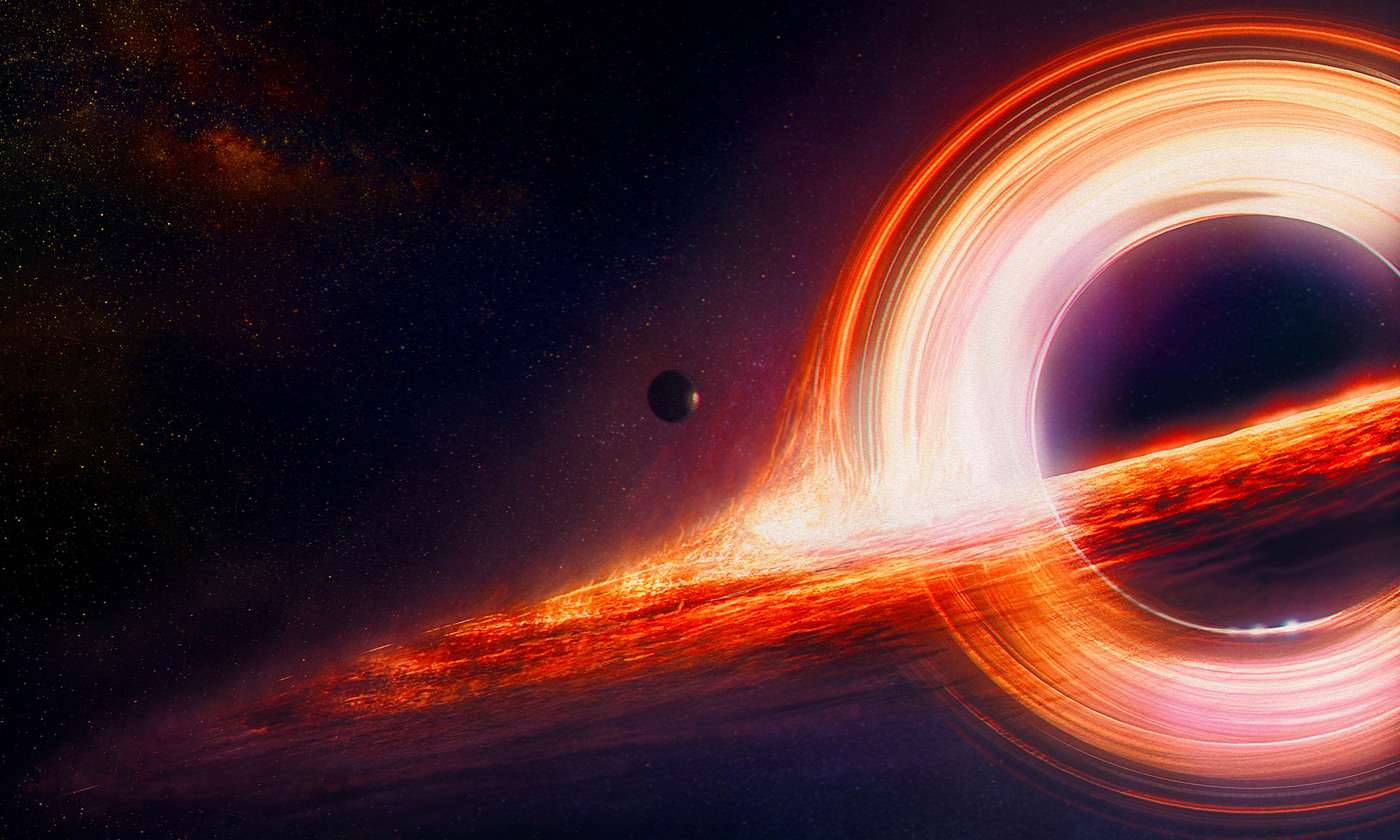The Universe Is a Simulation: Navigating Theoretical Physics, The Simulation Hypothesis, and the Nature of Reality
In the grand tapestry of existence, we often ponder the nature of reality and our place within it. But what if our reality isn’t what it seems? What if, as some theoretical physicists and philosophers suggest, the universe is nothing more than an elaborate simulation? In this expansive exploration, we will journey through the realms of theoretical physics, delve into the Simulation Hypothesis, and contemplate the profound implications it holds for our understanding of reality.
Unraveling the Fabric of Reality
The Quest for Understanding
Humans have always sought to comprehend the mysteries of the universe. Through science, philosophy, and art, we’ve strived to unravel the fabric of reality itself. But as our knowledge has grown, so too has our capacity for imagining scenarios that challenge our conventional understanding of the cosmos.
The Enigmatic Nature of Reality
Reality, as we perceive it, is a complex interplay of particles, forces, and dimensions. Yet, it remains an enigma, with unanswered questions and paradoxes that have puzzled the greatest minds throughout history. The quest to understand reality’s true nature has led to diverse and sometimes unconventional theories.
Theoretical Physics: A Gateway to the Unseen
The Physics of the Subatomic
In the realm of theoretical physics, scientists venture beyond the visible world into the subatomic domain. Quantum mechanics, a cornerstone of modern physics, reveals a reality vastly different from our everyday experiences. Particles can exist in multiple states simultaneously, seemingly defying classical notions of causality.
String Theory and Multiverses
String theory takes theoretical physics a step further, proposing that fundamental particles are actually tiny strings vibrating in multiple dimensions. This theory gives rise to the possibility of parallel universes or multiverses, each with its own set of physical laws.
The Emergence of the Simulation Hypothesis
It’s within this framework of theoretical physics that the Simulation Hypothesis emerges. This concept suggests that our universe, with all its physical laws, particles, and dimensions, is not the primary reality but rather a meticulously crafted simulation created by a more advanced civilization.
The Simulation Hypothesis: A Radical Notion
The Brainchild of Philosophers
The idea that reality might be a simulation is not a recent development but has ancient philosophical roots. René Descartes, in his Meditations on First Philosophy, famously pondered the possibility that an evil demon might deceive us about the nature of reality.
Modern Formulations
The modern incarnation of the Simulation Hypothesis owes much to philosopher Nick Bostrom. In his influential 2003 paper, “Are You Living in a Computer Simulation?” Bostrom presents a trilemma that argues for the probability of advanced civilizations running ancestor-simulations.
The Simulation Argument: A Trilemma
The Three Scenarios
Bostrom’s trilemma outlines three possible scenarios:
- Advanced civilizations never reach a posthuman stage capable of running ancestor-simulations.
- If they do reach such a stage, they choose not to run ancestor-simulations.
- Advanced civilizations exist, reach a posthuman stage, and run ancestor-simulations.
The argument posits that if the third scenario is true, then we are most likely living in a simulation, as the number of simulated realities would vastly outnumber the one base reality.
The Implications of the Simulation Hypothesis
The Nature of Reality
If the Simulation Hypothesis is accurate, it fundamentally alters our perception of reality. The universe we perceive is not the “real” universe but a construct, a digital mirage created by an advanced civilization. This challenges our very notion of what is real and what is illusory.
Existential Questions
The Simulation Hypothesis raises profound existential questions. If we are living in a simulation, what does it mean for our existence? Are we merely characters in a cosmic video game, or do we still possess free will and consciousness within this simulated realm?
Ethical Considerations
The creators of the simulation, if they exist, would bear immense ethical responsibility for the beings within their simulated universe. This prompts questions about the nature of the simulation’s designers and their intentions toward simulated life forms.
Scientific Skepticism and Challenges
Empirical Evidence
One of the primary challenges to the Simulation Hypothesis is the lack of empirical evidence. While theoretical physics may provide fertile ground for speculation, scientific experiments and observations have yet to yield definitive proof of a simulated reality.
Occam’s Razor
The principle of Occam’s Razor, which suggests that the simplest explanation is often the best, is often invoked by skeptics of the Simulation Hypothesis. They argue that assuming the existence of an advanced civilization capable of creating simulations is a more complex explanation than accepting our reality as it appears.
The Quest for Verification
Simulation Within Simulations
One intriguing aspect of the Simulation Hypothesis is the possibility of nested simulations. If we were to create our own simulated worlds in the future, it would raise the question of whether these nested simulations could provide clues or evidence of our own existence within a simulated reality.
Quantum Mechanics and Simulation
Some theorists propose that the peculiar behavior of quantum particles could be indicative of a simulated universe. They argue that the “quantization” of reality, where particles exist in discrete states, may be a result of the underlying computational structure of the simulation.
The Philosophical Implications
Philosophical Exploration
The Simulation Hypothesis has profound philosophical implications. It invites us to reexamine fundamental questions about the nature of existence, consciousness, and the limits of human knowledge. Are we capable of discerning the true nature of reality, or are we forever confined to the constraints of our simulated universe?
Morality and Responsibility
If we entertain the idea that our universe is a simulation, it challenges our notions of morality and responsibility. Are our actions and decisions less significant if they occur within a simulated realm? Or do we have a moral imperative to act ethically regardless of our reality’s origin?
Conclusion: The Enigma of Reality
The Simulation Hypothesis, with its blend of theoretical physics, philosophy, and metaphysical speculation, offers a thought-provoking lens through which to view our existence. While it remains a subject of debate and skepticism, it underscores the enduring human quest to unravel the mysteries of reality.
Whether we are products of a simulated universe or inhabitants of a genuine cosmos, the pursuit of knowledge and understanding persists. The enigma of reality endures, inviting us to contemplate the nature of existence and our place within the intricate fabric of the universe.
Do Follow Us On Twitter – https://twitter.com/Uniqverses708
We Have a Wide Range of Unique information For You On uniqverses.com
Please like, comment & Share if you want us to keep bringing these amazing and unique information for you.









